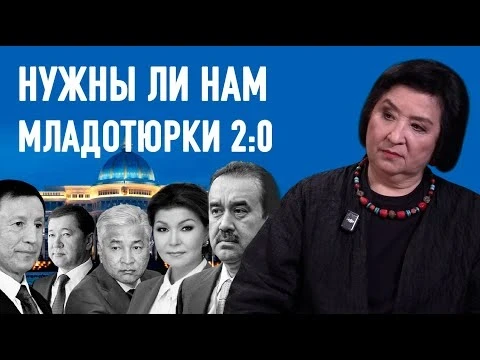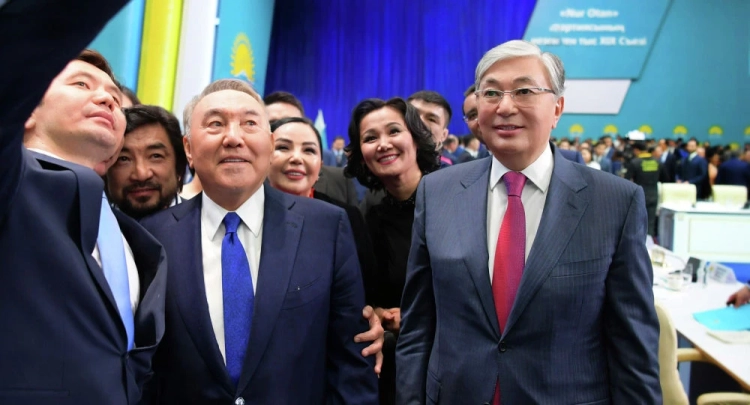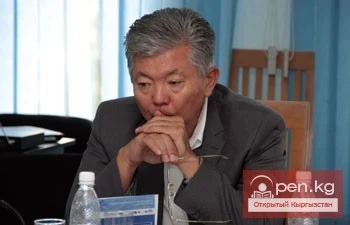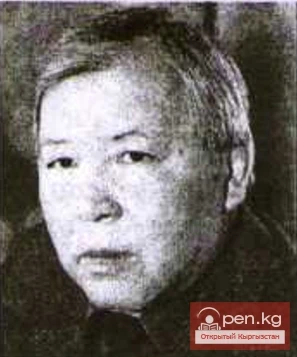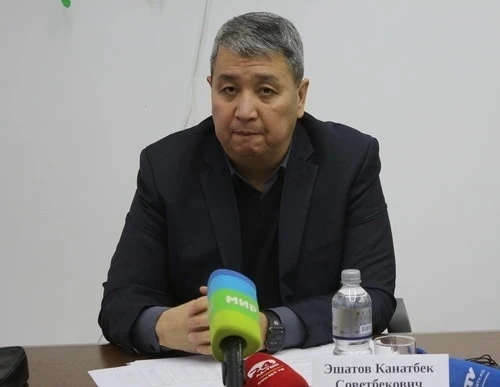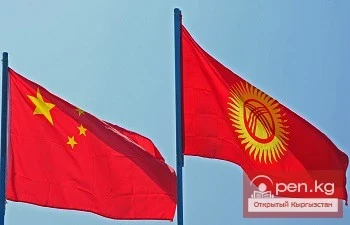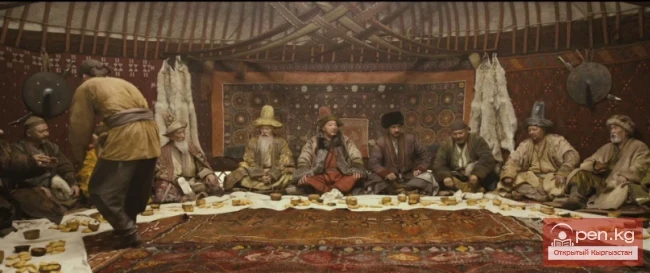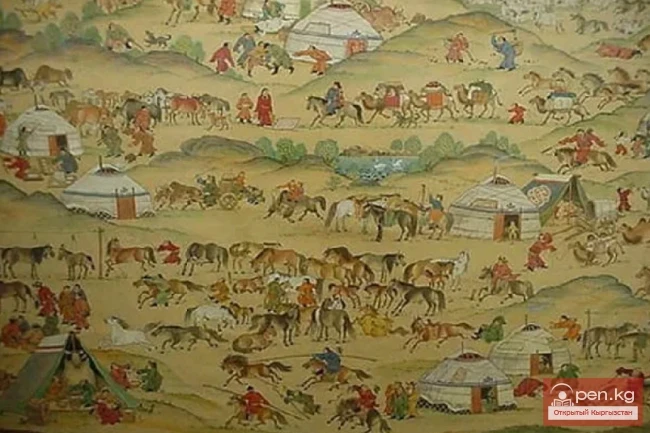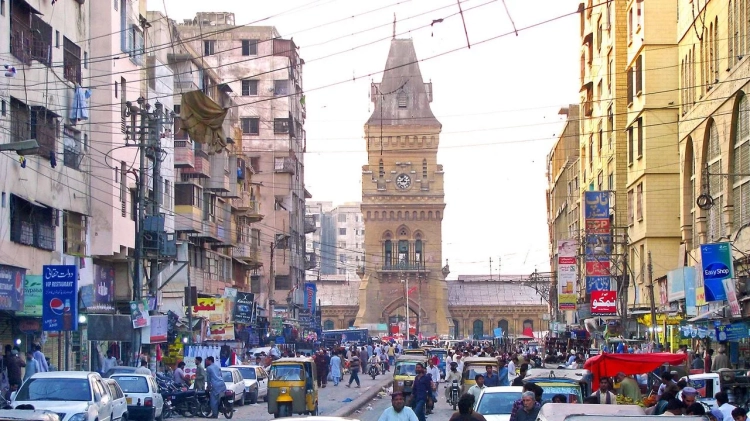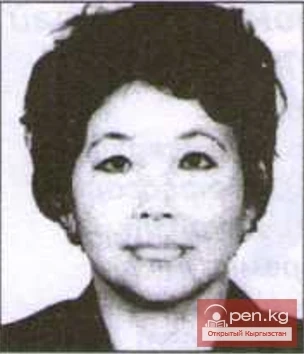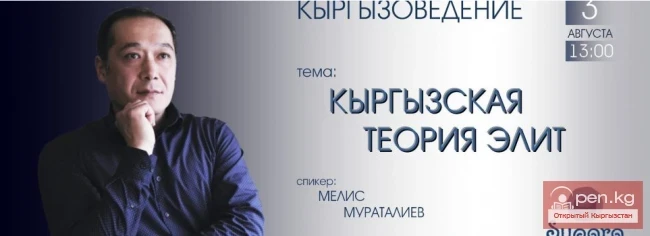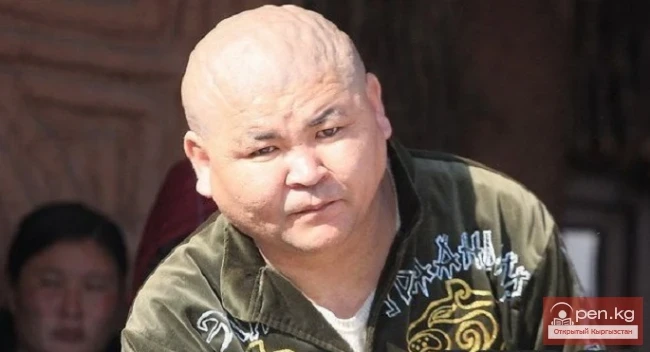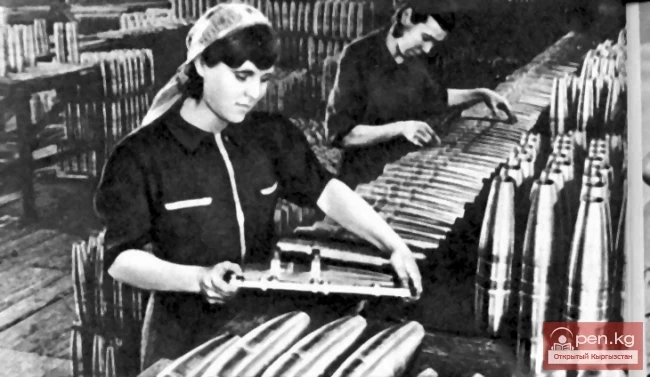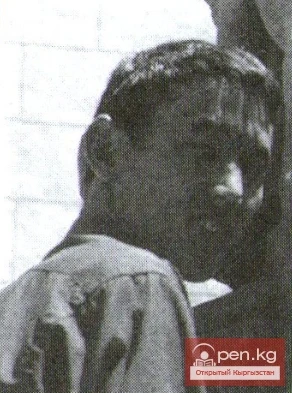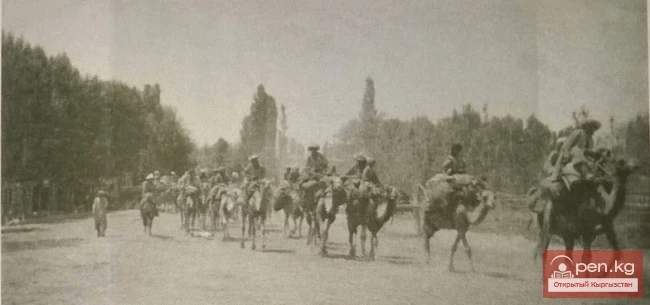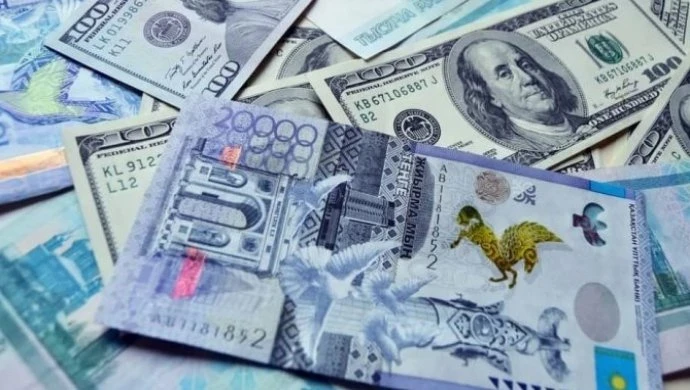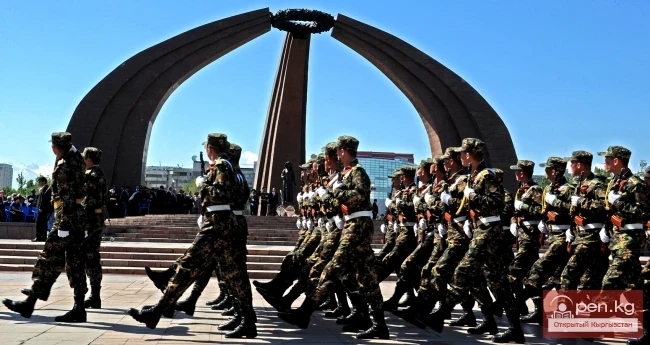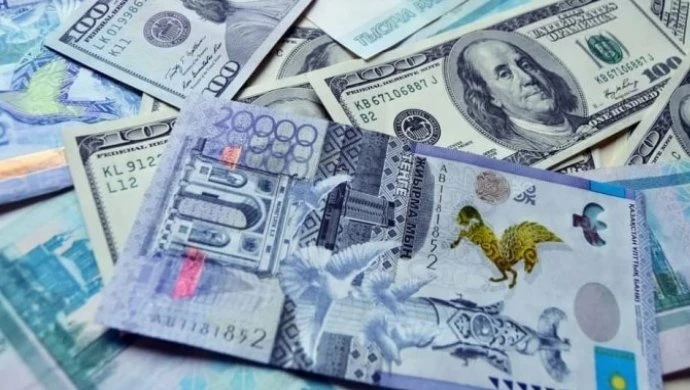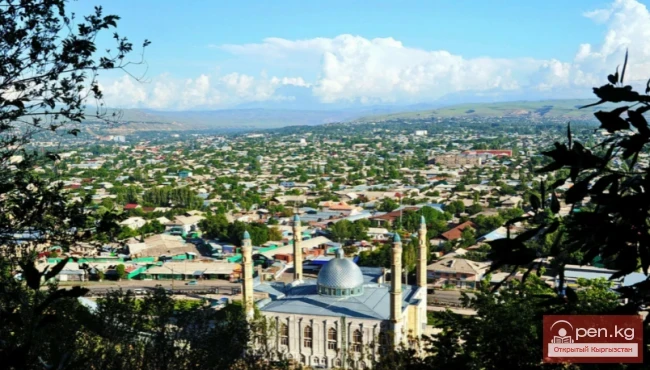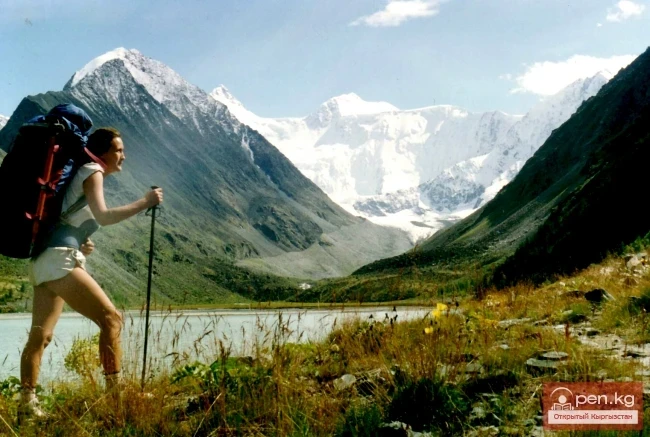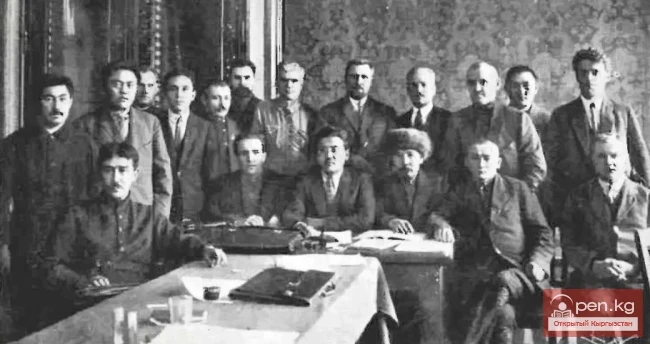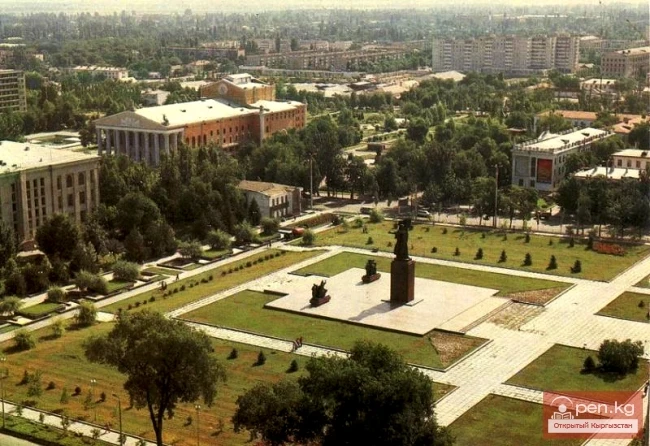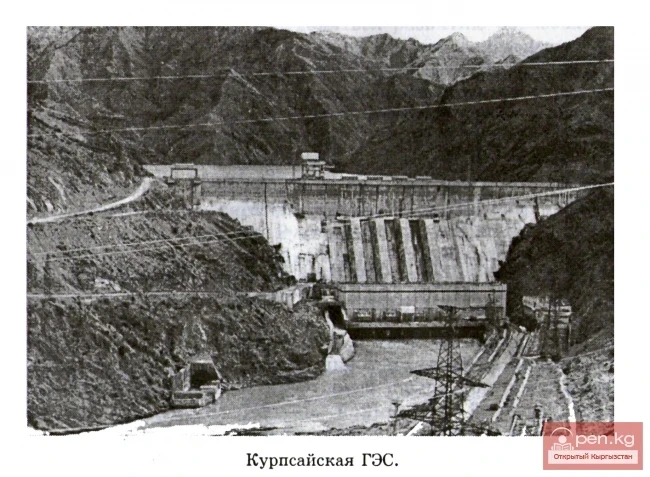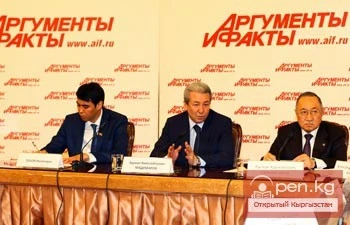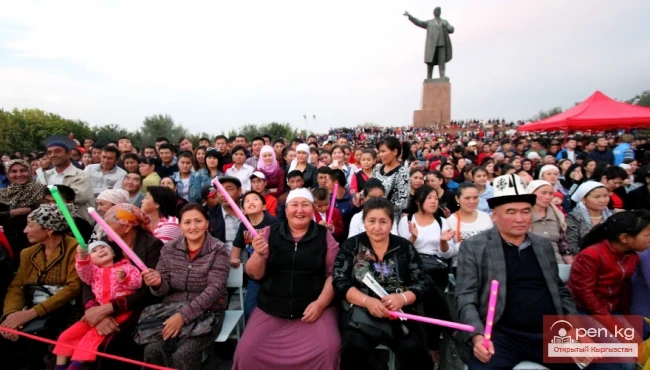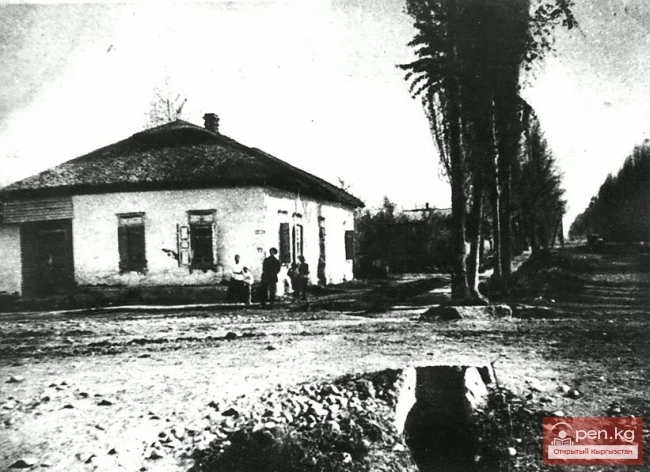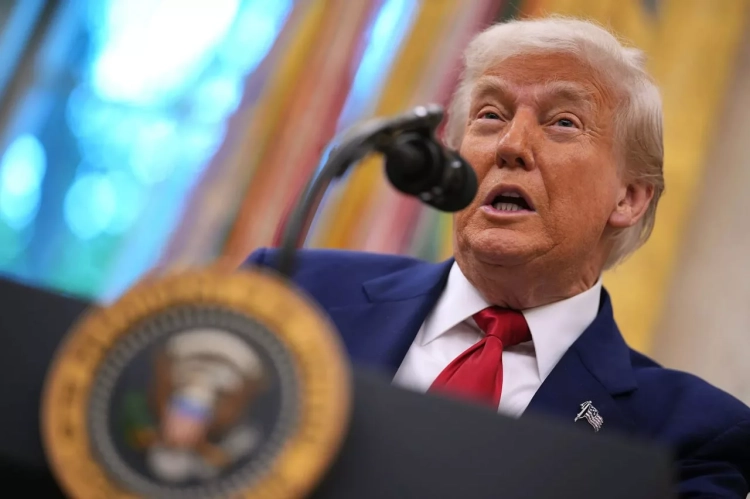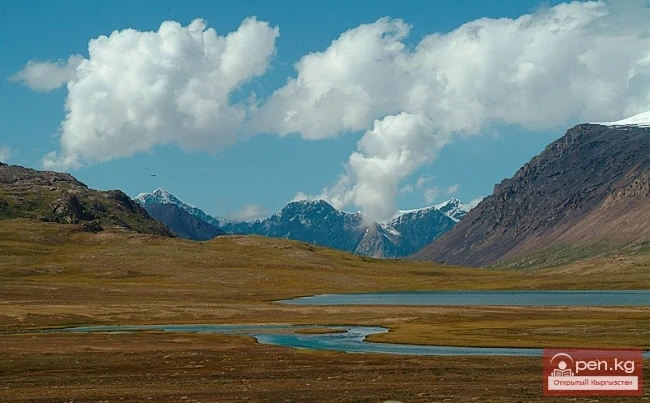For many years, especially during Nazarbayev's rule, the authorities were criticized for rotating the same personnel. Now, however, there have been significant changes in Kazakhstan's managerial elite. But can we claim that the quality of governance has improved? There is an opinion that more businessmen and representatives from the production sector should be involved in public administration. But are they ready for this? These questions were answered by Mayra Salikova, a researcher and chairwoman of the board of directors of Media-System Group, in an interview for exclusive.kz.
– What characteristics distinguished the elites of Kazakhstan before 2019, and how have they changed?
– I would highlight several stages in the formation of elites during Nazarbayev's time. In the early 2000s, he found himself in a situation where new elites were necessary to create a market economy. In the 1990s, Nazarbayev showed openness to forming a strong team. This had an impact: the Kazakhstani financial system became advanced in the CIS, and financiers and lawyers occupied key positions in large quasi-state structures due to their experience in creating effective infrastructure.
At that time, the influence of Family No. 1 was just beginning to manifest, and their merger with public administration was only starting. This was the period of the young Turks. An example is Nurlan Kaparov, who became the head of Kazakhoil at the age of 27, having experience in trade, and quickly became a statesman. Nurlan Balgimbaev, who held high positions in the Soviet oil hierarchy, also gained unique experience at Chevron. Over time, despite changes, these individuals remained real businessmen.
However, in the 2000s, the situation changed. Although meritocracy was discussed, over time this principle began to disappear. As a result, in the early 2000s, ministers could change two to three times a year.
– Is it possible to repeat the success by inviting businessmen back into the government?
– When it comes to meritocracy, it currently only works in business. Imagine that the head of a large company becomes a minister in his field. In this case, his activities will be under close scrutiny, which is quite normal.
It is necessary to agree that his company and relatives do not participate in tenders in this area. But what happens now? A person from business takes a government position, formally transferring asset management, but his companies continue to participate in tenders.
In the Soviet mobilization economy, ministers went from chief engineer to minister, holding their positions for decades. Each of them had to demonstrate results at every stage to be noticed and advance in their careers. Now, however, there is no such meritocracy.
– You mentioned the break in institutional memory. Kazakhstan does not have problems with developing state programs, but there is a lack of institutional memory. One minister leaves, another comes, and everything starts anew. How to allocate funds in the absence of new rules?[/b>
– This is indeed a pressing issue. Institutional memory is important for the quality of public administration. When leadership in a corporation changes frequently and there is no continuity, it risks going bankrupt.
Corporate governance was created to address this issue, where knowledge is archived and preserved so that the new team can refer to it.
Once there was an institution of responsible secretaries, designed to maintain corporate memory during team changes. However, this mechanism is not functioning now.
It should be noted that the deterioration of the quality of public administration is observed not only in Kazakhstan but also worldwide. The key point here is the principle of forming managerial elites. Every manager should go through all stages of career growth and be one of the best at each stage, earning recognition from the industry community.
In business, this is reflected in the growth of the company's value, while in public administration, it is seen in the improvement of industry indicators.
Finally, personal responsibility and publicity are important. I do not like state programs because no one is responsible for them. In the boards of directors of quasi-state structures, there are almost no engineers. There are lawyers, financiers, former deputy akims, and ministers. The controlling stake should be held by physicists and engineers who can build a company from scratch. It is necessary to establish success indicators and deadlines, but no one remembers this.
It is essential to ensure honesty and meritocracy. Let people understand why this person can manage the entire industry of the country, show his experience so that it is relatable!
Currently, the elite sends their children to technical universities, usually abroad. Then their children, with no experience, become leaders in akimats and ministries. How should it be? Even if a graduate is from an Ivy League school, he is still just a child. Send him to a district akimat, or even better, to a manufacturing enterprise, let him go through all the stages and demonstrate his leadership qualities.
But this does not happen. He immediately becomes the head of one of the main departments of the ministry. He is only 22 years old. How can he help the country? He is good, educated, but lacks experience.
[b]– You spoke about publicity. This is an important principle of corporate governance. Under Nazarbayev, there was a ban on publicity for civil servants. Why does it still persist? What would you advise the managerial elite, considering that you professionally analyze social networks and the information space?
– We not only analyze but also study this process. Why is there no publicity? In the late 90s and early 2000s, this was relevant, then the bans became strict. The reason is that during this time, strong players were accumulating capital and needed to remain in the economy without demonstrating political ambitions.
On the other hand, they could not avoid showing themselves because wealthy people wanted to communicate with the authorities on equal terms. Nazarbayev did not like this, and appointments began to occur on other principles. Oligarchic capitalism emerged, which connected the largest players with the authorities. It was a kind of agreement between investors and political managers.
As for the ongoing avoidance of publicity by the elites, this indicates that they do not perceive themselves as true leaders. They do not feel legitimacy because they lack successful experience behind them. If the country were governed by true leaders, in times of crisis, people would know that the president appointed the right person who would not be afraid to come out to the people and speak with them. Even if a person is very smart, but no one knows him, he will not have authority.
[b]– You conducted research on social networks regarding recent personnel changes. What is your assessment?[/b>
– This is related to publicity and the competence of communication management. The recent personnel changes have generated significant interest not only among civil servants.
We see that where there are more positive reviews than negative ones, these people manage communication flows. They have teams that work on a positive image. However, there is no organic element in this — to overcome negativity, a person must be very public.
On the other hand, there are figures who do not have such teams and receive more negative feedback, although they are still professionals in their field.
I am sure that when appointing any leader, the Presidential Administration should explain what outstanding achievements this person made at their previous job, rather than limiting it to a brief biography.
Kazakhstan remains a country of great opportunities. But why should I go work in an akimat or as a deputy if there is already the son of a well-known person in the elite sitting at the top, who becomes a deputy akim without experience? Why should I do this?
This is a crime against the development of Kazakhstan and against the people. We need honest rules.
The formation of elites is extremely important for society. In the UK, the current king is a real military pilot who served in the army, just like his son Charles. Without this, even if you are an aristocrat, you have no right to govern the people. It is necessary to bring order to the army so that soldiers do not die.
The elites educate their children in an excellent educational system, which allows them to develop within the country rather than outside it. Therefore, a system of education is needed that would motivate elites to study and live in Kazakhstan.
That is why many do not return — we do not have a quality system of meritocracy.
[b]– There have been attempts, such as the Bolashak program. Why were the results more modest than expected? How can the system be reconfigured?[/b>
– The Bolashak program did exist, and China implemented a similar program, but with a commitment to return. Why did it not work for us? Because graduates were immediately placed in high positions. My father was an excellent student at the Institute of Nonferrous Metals, but he went to work as a foreman at a mine in Zhezkazgan.
Bolashak graduates should have been sent to district akimats in entry-level positions to see who could prove themselves. It was necessary to think through their integration into the system of the economy and public administration. This was not done.
Now there is a presidential reserve. I know people who got there honestly. One of them admitted that he does not want to work in public administration due to the lack of clear rules for advancement. Another left the district akimat because he was simply not noticed.
[b]– Corruption remains a major problem that undermines any efforts. Will raising salaries for officials help?[/b>
– In China, thousands of officials are executed every year, but this does not stop corruption. Kazakhstan has always fought against it, but it continues to exist.
I hope that technology will help solve the problem of corruption. Digitalization is penetrating our lives, and it is now easy to track the incomes of officials and their families.
